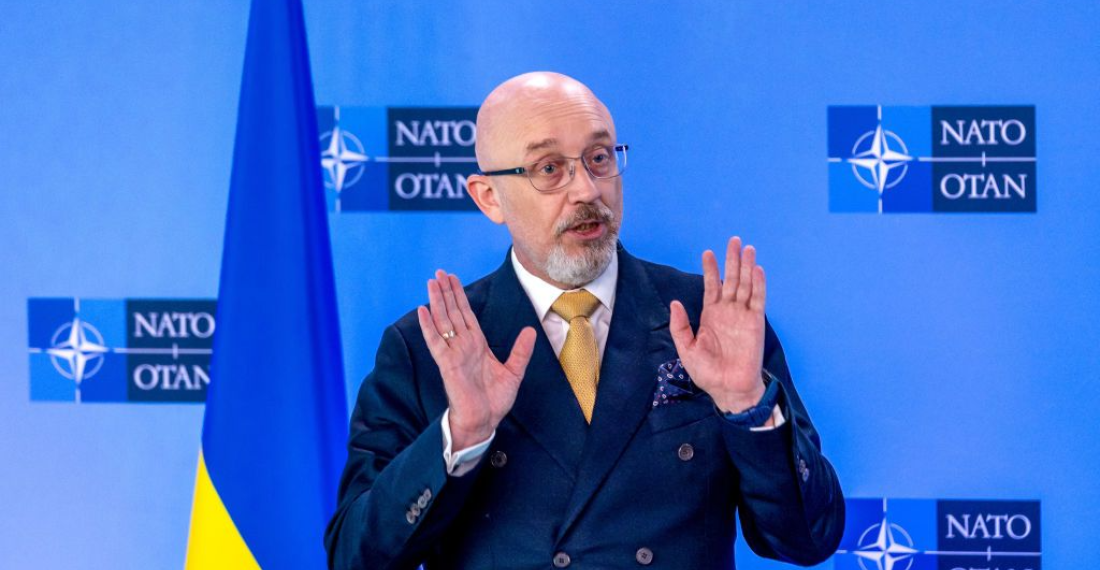Ukraine's Minister of Defense Oleksii Reznikov has said that the "main event" in their ongoing counteroffensive into Russian-occupied territories is still to come.
Speaking to the Financial Times on Wednesday (28 June), Reznikov said that Ukraine's main troop reserves have not yet been used in their counteroffensive, and that these reserves include most brigades recently trained in Western countries and equipped with modern NATO tanks and armored vehicles.
The recent liberation of a number of villages on the southern and eastern axes were a "preview" of what is to come. "When it happens, you will all see it... Everyone will see everything," Reznikov said.
He also said that Ukraine had main "certain gains" that the general staff had not reported so as to not expose positions. "Sometimes the Russians do not report to their leadership that they have lost a certain area or territory. They are afraid to report further to their superiors," Reznikov added.
Ukraine advances around Bakhmut
Separately, on Thursday (29 June), Ukrainian Armed Forces commander Denys Yaroslavskyi announced that "Bakhmut is fully controlled by the Armed Forces from the air, the occupiers are retreating from the northern streets."
"Defenders of Ukraine actually are working to take control of Klishchiivka and Berkhivka and its strategic heights near the city. After their capture, Bakhmut can be taken into an operational encirclement," he added.






